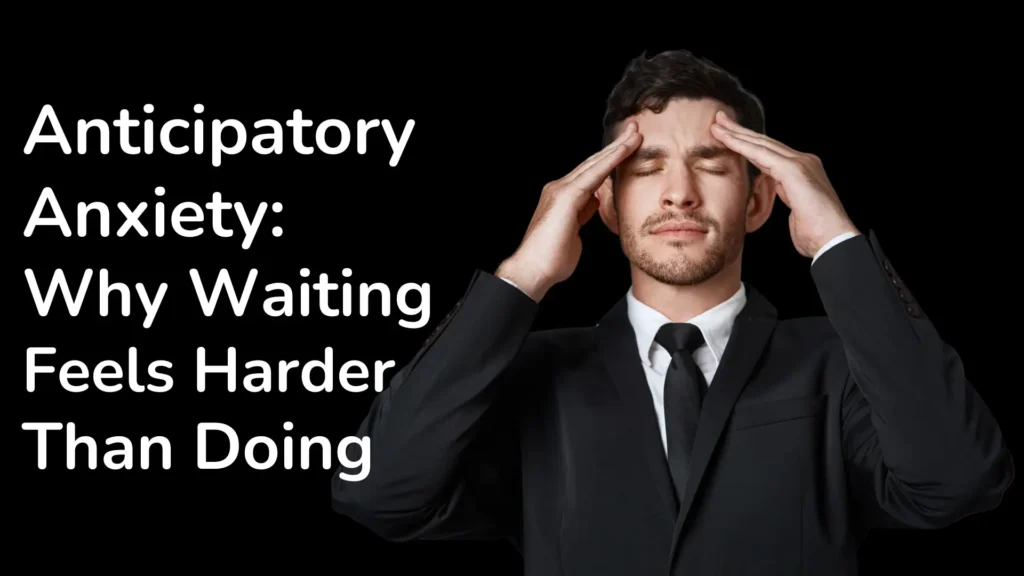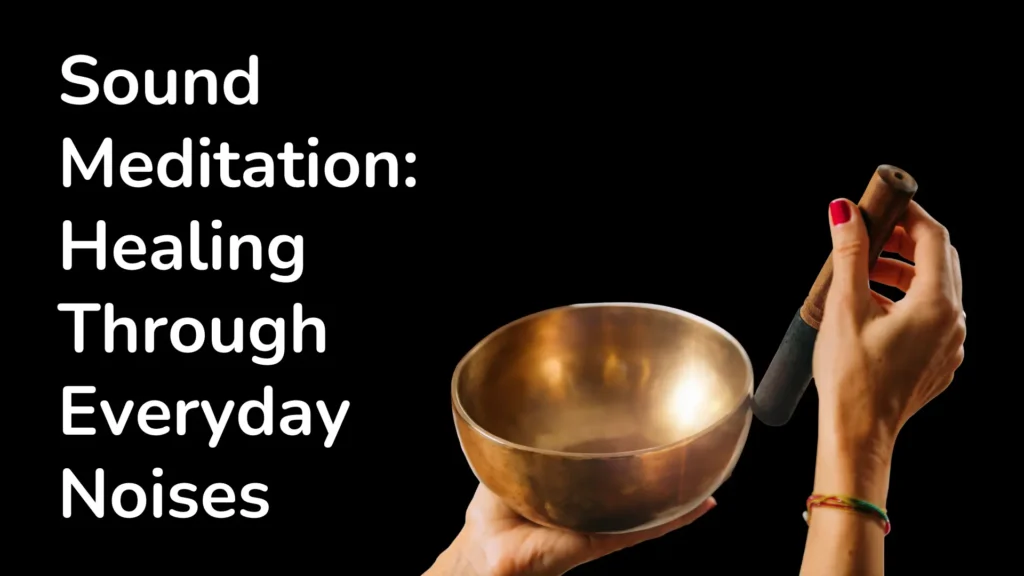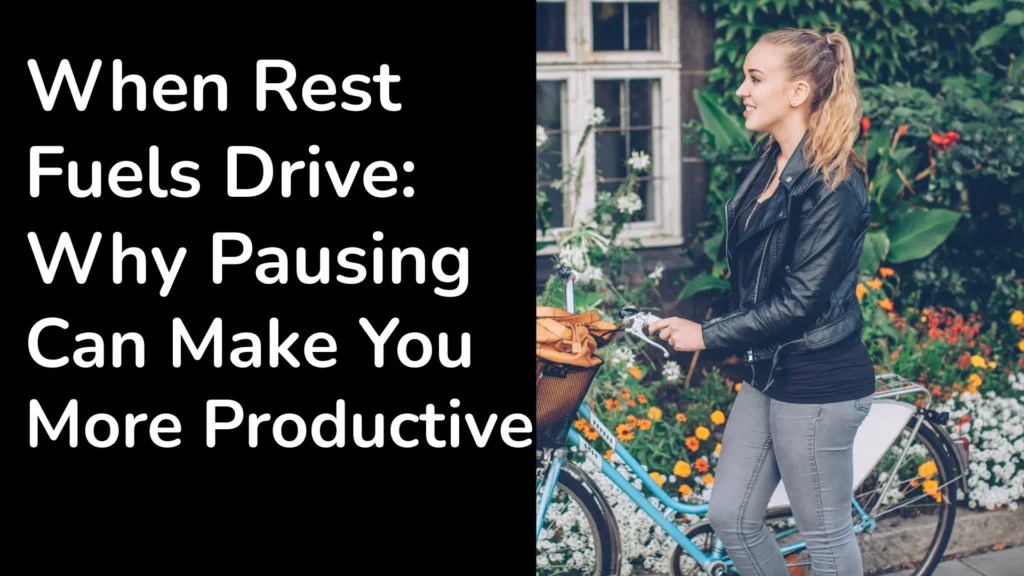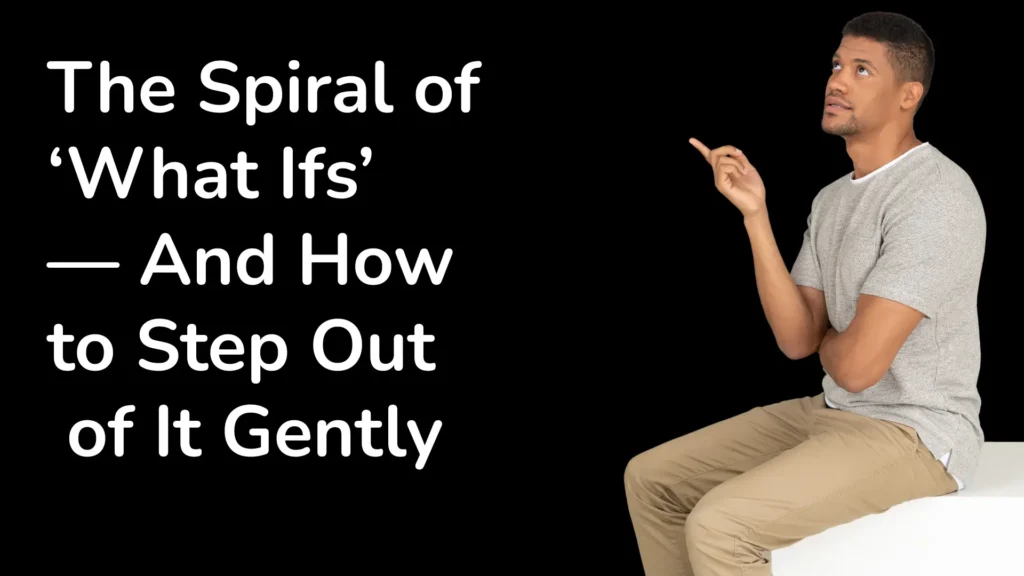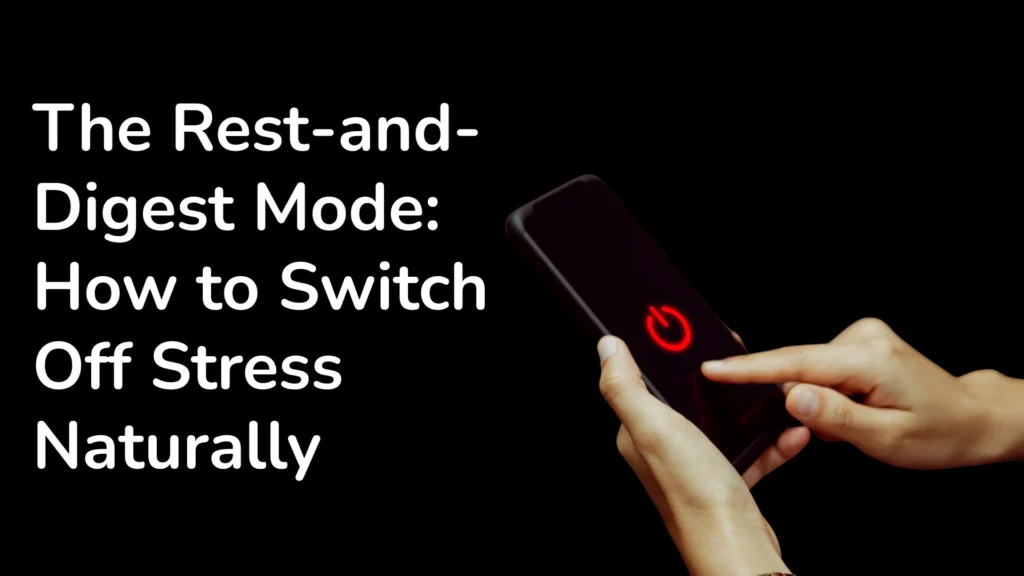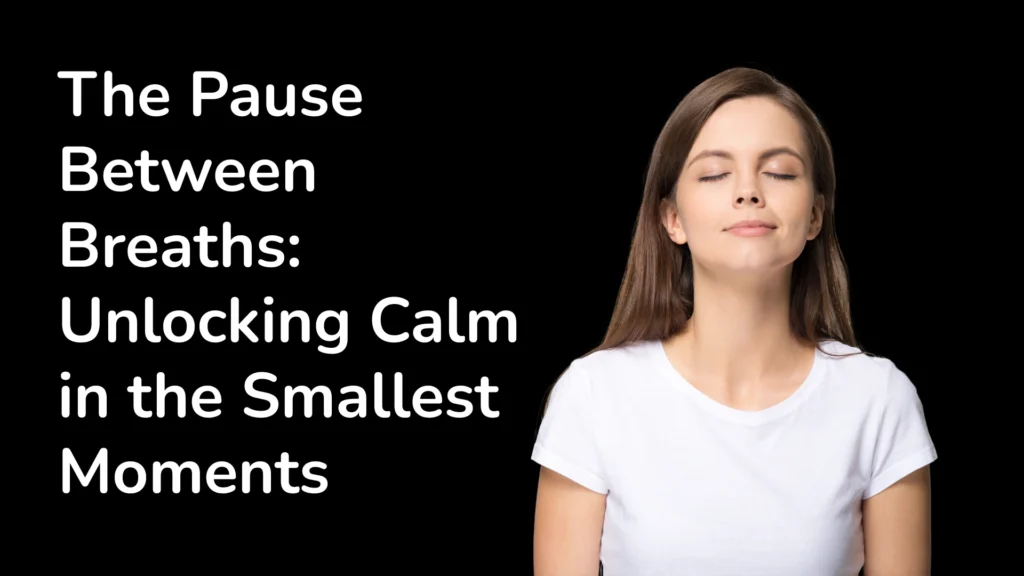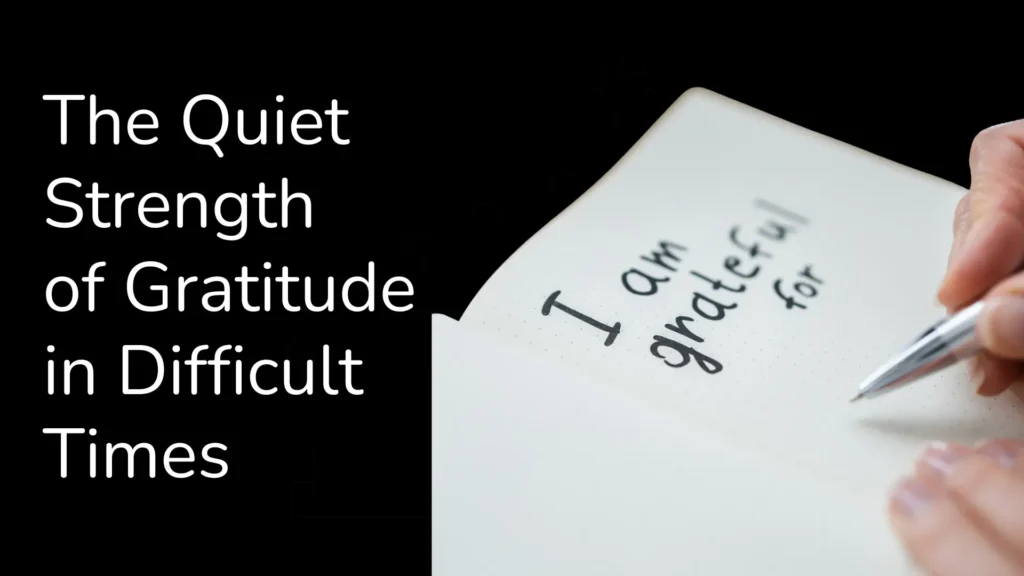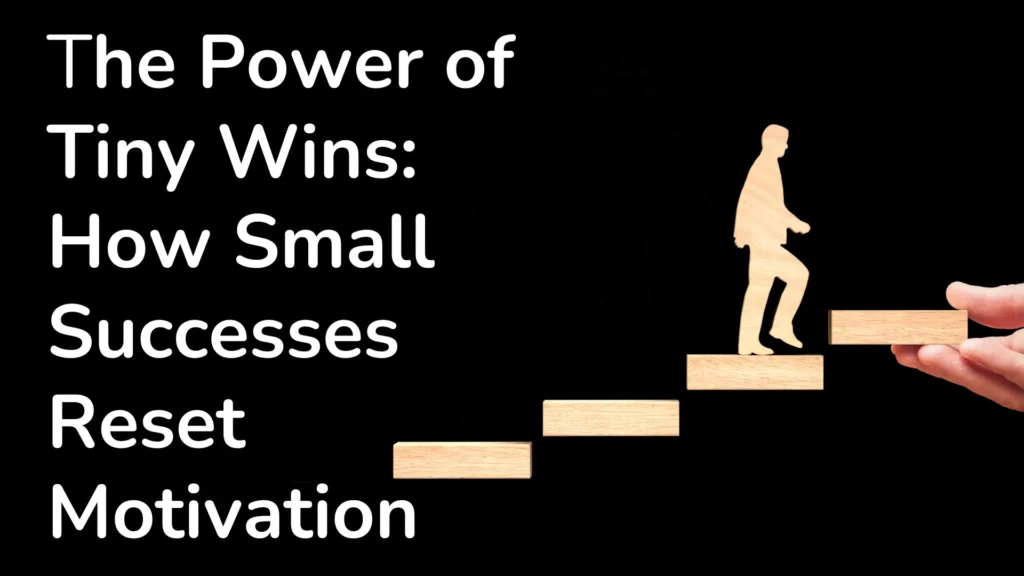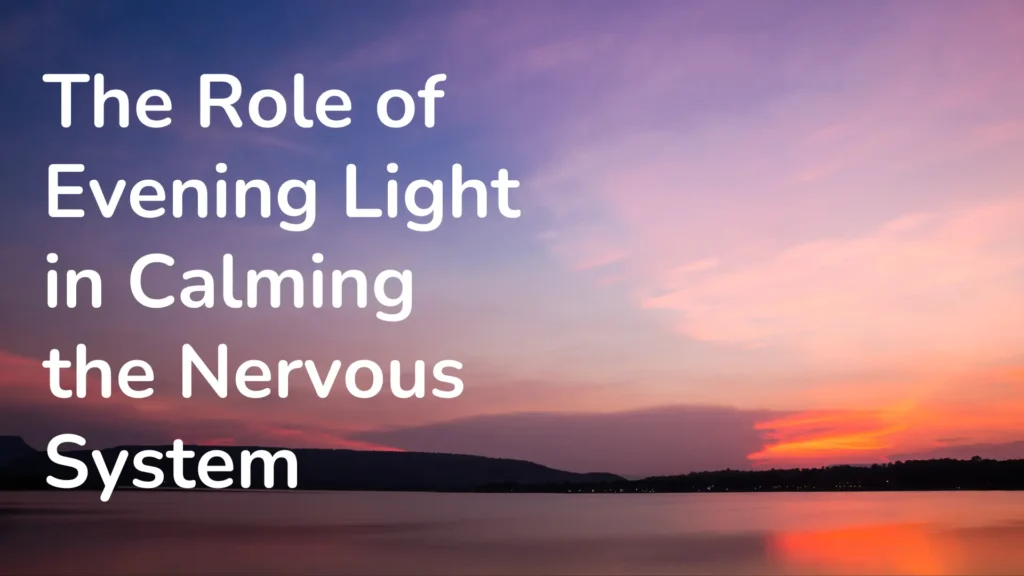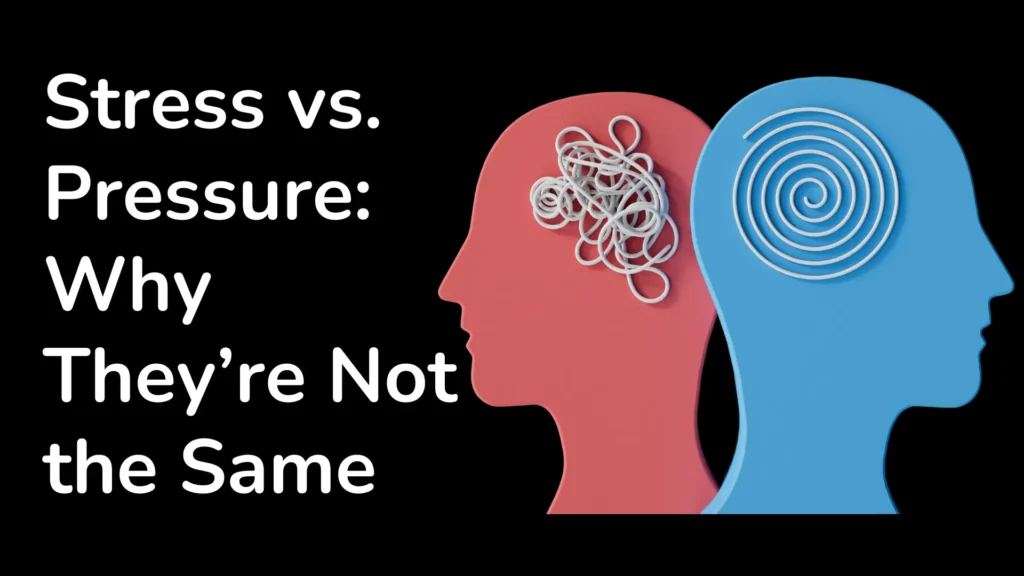Anticipatory Anxiety: Why Waiting Feels Harder Than Doing
Have you ever noticed that sometimes the waiting feels worse than the actual event? Whether it’s waiting for test results, an interview, or a difficult conversation — your mind starts spinning stories about what might happen. That uneasy restlessness you feel before something important is called anticipatory anxiety — and it’s more common than you think. Why Waiting Feels So Uncomfortable Our brains are wired to prepare for danger. When faced with uncertainty, the mind jumps ahead, imagining every possible outcome. It does this to keep you safe — but in doing so, it often creates unnecessary suffering. The moment we can’t control what’s next, our minds fill the gap with fear, assumptions, and “what ifs.” In other words, your brain mistakes uncertainty for danger — and reacts as if something bad is already happening. The Science Behind It When anticipation triggers anxiety, your body enters a stress response — your heart rate increases, muscles tense, and thoughts race. Even though nothing has actually happened yet, your body believes it’s already in danger. This is why you might feel drained or restless before a big event. However, once the event actually begins, the brain shifts into problem-solving mode. You’re focused on what’s happening, not what might happen — which often brings relief. That’s why waiting often feels harder than doing. How to Ease Anticipatory Anxiety Final Reflection Waiting doesn’t mean weakness — it means you care about what’s coming.The next time you feel trapped in anxious anticipation, remind yourself: the event isn’t happening yet. What’s real right now is your breath, your heartbeat, and your ability to choose calm in this moment. Because peace isn’t in the waiting — it’s in how you wait.


